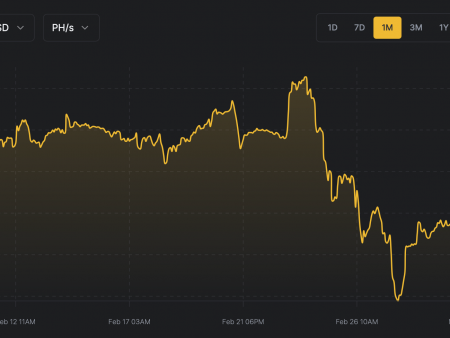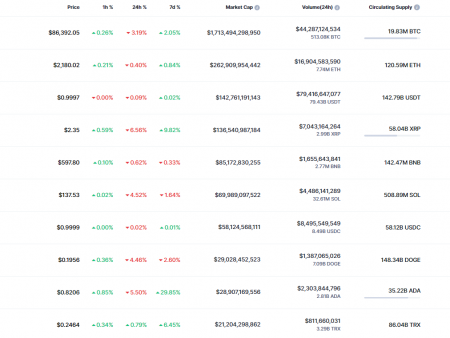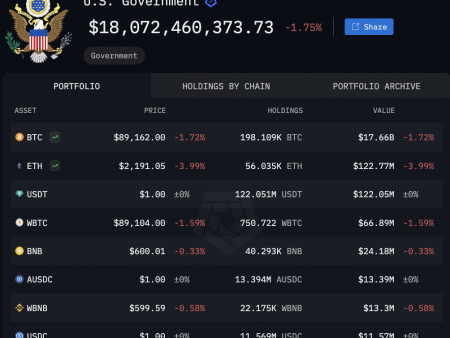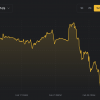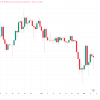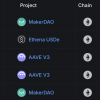Bittensor (TAO), an AI-focused cryptocurrency that bills itself as a “peer-to-peer intelligence marketplace,” is making waves in the hottest segment of altcoins. Its price increased almost fivefold in less than 30 days due to the euphoria around AI cryptocurrencies.
AI Cryptocurrency Bittensor (TAO) Jumps into Top 50 Largest Coins
Today, November 18, 2023, the price of TAO, the main native asset of the Bittensor platform, recorded an all-time high of $239.35 on major spot exchanges. In the last 30 days, the price of TAO rose almost 400%. The rally accelerated yesterday: in 24 hours, the price of TAO rose by 37%.
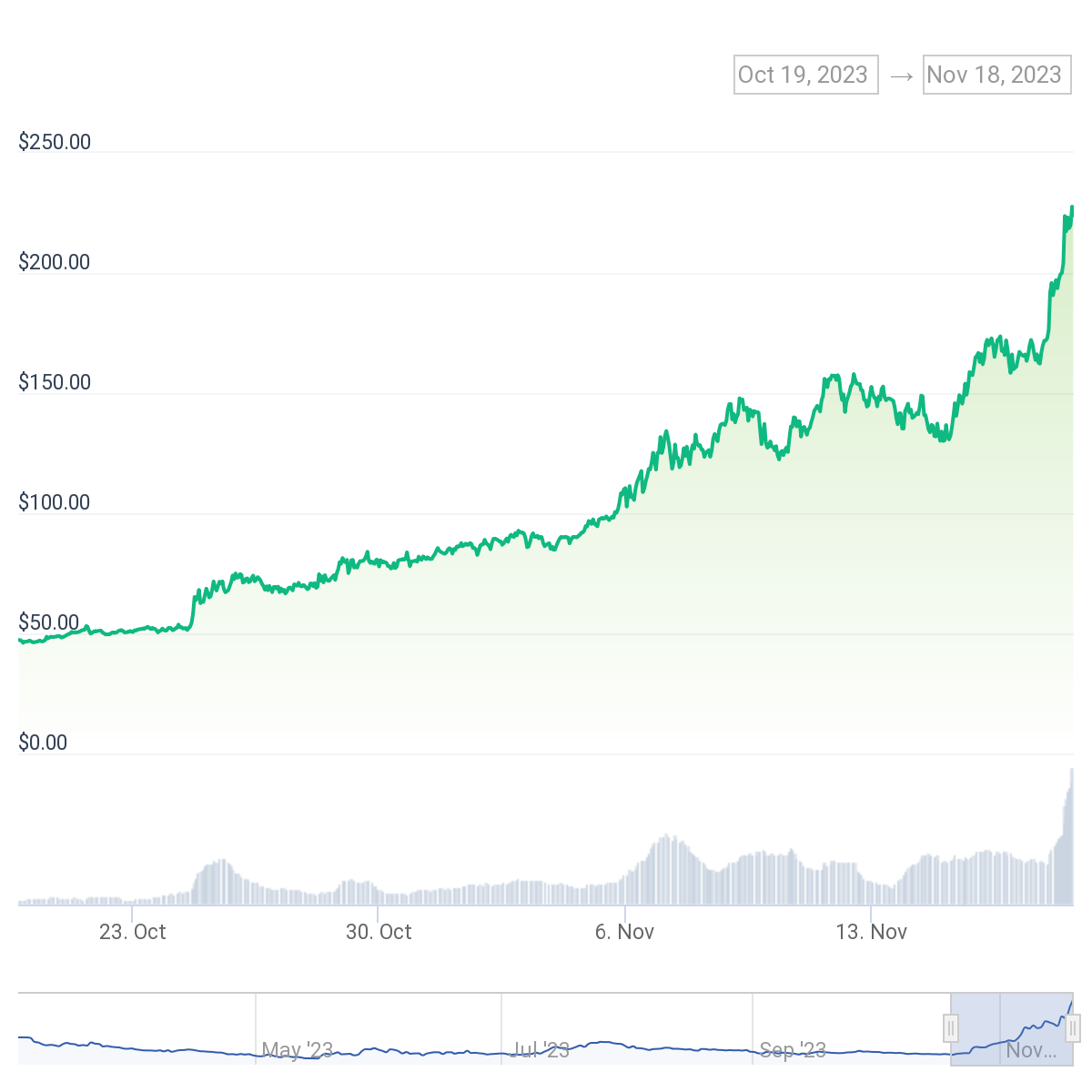
As a result, on the CoinGecko tracker, Bittensor (TAO) became the largest AI cryptocurrency, surpassing Render Network (RNDR), the undisputed leader of the segment in recent months.
However, on CoinMarketCap, the circulating supply of Bittensor (TAO), and therefore its aggregate market cap, is still marked as “unverified.” As such, the aggregator places the cryptocurrency in the third thousand of its ranking despite its 10-digit market capitalization.
Developed by the Opentensor Foundation, the Bittensor (TAO) protocol emphasizes the need for decentralization in the AI segment, opposing the centralized heavyweights of the emerging sphere.
Bittensor is the ecosystem and TAO is the mycelial network that connects humanity with the future of Artificial Intelligence
As an open source artificial intelligence protocol, Bittensor (TAO) was released by former Google developer Jacob Steeves on September 19, 2023.
Firing of OpenAI CEO could be behind latest TAO spike
Over the past two months, Bittensor (TAO) has made a number of major announcements, including an increase in miner performance, the launch of new subnets, crucial developments of large language models, etc.
As Bittensor (TAO) opposes “normal” centralized AI corporations like OpenAI, Sam Altman’s ouster yesterday could have contributed to the rise of the “decentralized AI” narrative.
Sam Altman, one of the key figures in the current AI and ChatGPT software mania, was surprisingly fired by the company’s board of directors because he was “not consistently candid in his communication.”
